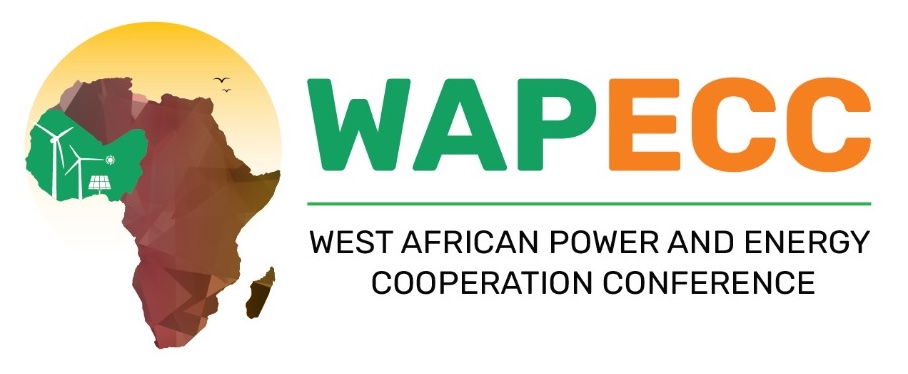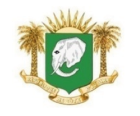WHY WAPECC 2019 IN DAKAR SENEGAL ?
1. INVESTMENT CLIMATE
Senegal offers a stable political environment, a favorable geographic position and strong institutions with growing opportunities for foreign investment. The Government of Senegal welcomes foreign investment and has prioritised efforts to improve the business climate in what is one of Africa’s fastest growing economies. According to the World Bank 2017 Ease of Doing Business, Senegal is now doing better than Sub-Saharan Africa and OECD high income countries in terms of starting a business, particularly in the number of days required to register a firm.
2. ECONOMIC DIVERSIFICATION
Senegal has put in place a series of economic reforms as part of the “Plan Senegal Emergent” (PSE) adopted in 2014 to accelerate progress towards becoming an emerging economy by 2035. The ESP aims to promote fiscal consolidation, increasing public savings to support higher public investment in human capital and public infrastructure; and envisages structural reforms to attract foreign direct investment (FDI), boost private investment and drive export diversification. It focusses on four key sectors to unlock inclusive growth, including energy, agriculture and land, ICT and transport.
- REGIONAL HUB
Senegal is a regional hub for West Africa. Many international companies set up their headquarters there in order to export goods and services to the whole of the African continent. The country has many undeniable assets; a democratic political stability, economic growth and many very favorable national agreements with key partners.
The country enjoys an prime geographical location, with a major seaport and easy access to European and North American markets; the country is located 4-5 hours from Europe, 4-5 hours from the United States of America and 5-6 hours from South America.
The Republic of Senegal is the most stable country in West Africa and the best example of democracy in the region.
- INVESTMENT IN ENERGY AND POWER
The need for electricity has exceeded supply for several years, making the increase in energy production capacity a priority of the Senegal Emergence Plan. According to the World Bank, annual growth slowed between 2006 and 2011 to 2 points because of rolling blackouts.
The integrated recovery plan for electricity provides a series of measures that will ensure the increase of the country’s production capacity. Plan Senegal Emergent (PSE) is designed to enable the country to reach its target of 20% for renewable energy.
Large investments are being made; the US Aid agency Millennium Challenge Corporation (MCC) amongst others are investing around 600 million US dollars in the electricity sector to forward the plan for sustainable energy.


